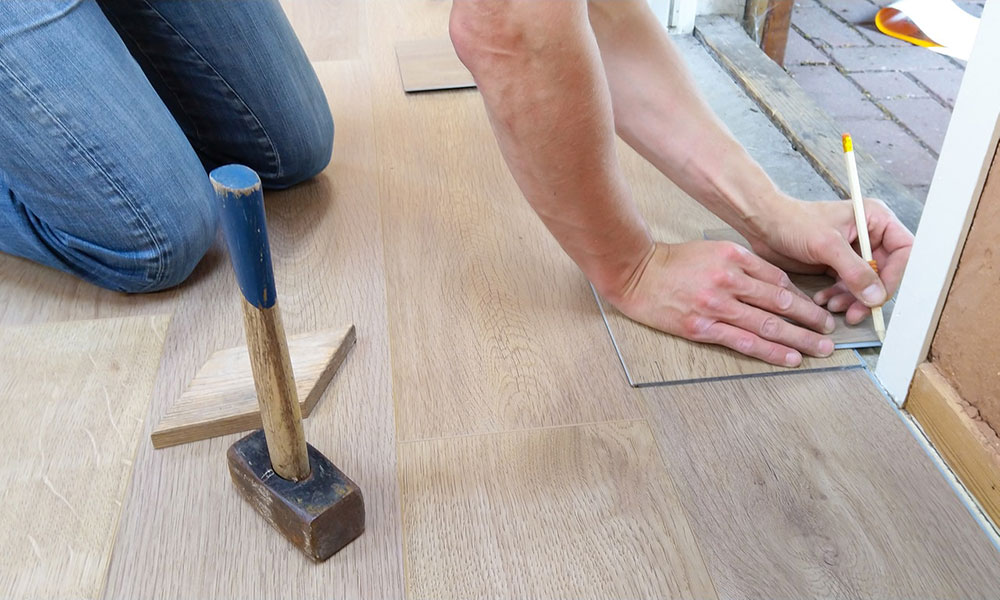Any property may be made more appealing by adding a swimming pool, which can serve as both a calm haven and a hub for family activities. But it’s important to know the financial ramifications before taking this project on. In this process, a pool cost calculator can be a very helpful tool that gives homeowners a clear understanding of the costs involved.
Selection of Materials
The kind of materials utilized in building is one of the main aspects that a pool cost calculator takes into account. The cost of various materials varies, including vinyl, fiberglass, and concrete. Concrete pools, for example, are typically the priciest because of their customizability and longevity. Although fiberglass pools are typically less expensive initially, installation fees may be higher. A decent cost calculator will assist homeowners in weighing these options against their tastes and budget by accounting for additional treatments and finishes in addition to material prices.
Labor Charges
Labor is yet another major cost associated with building a pool. Usually, the labor estimate provided by the cost calculator takes into account the build’s complexity and local wage rates. Higher labor costs will be associated with more complex designs, such as custom-shaped pools, attractive tiles, or integrated lighting. Seasonal variations also exist in labor expenses; many builders charge extra during the busiest months for pool installation. These factors are taken into account by a pool cost calculator, which yields a more precise overall estimate.
Design Elements and Accessories
The entire cost of a pool is significantly impacted by its design. Generally speaking, a plain rectangular pool will cost less than one with special amenities like integrated sundeck, hot tubs, or waterfalls. With cost calculators, users can experiment with different design components to see how those changes impact the overall cost. Knowing how particular features affect the price is crucial for homeowners hoping to design the perfect backyard retreat.
Considerations for Maintenance
A pool requires ongoing maintenance, which may increase costs. A reliable pool cost calculator can determine chemicals, cleaning, repairs, and equipment maintenance. By accounting for these characteristics, the calculator better estimates pool ownership’s long-term financial commitments. With this knowledge, homeowners can better budget.
Area-Specific Factors
Finally, pool construction expenses depend on a home’s location. Regional labor expenses, local laws, and material availability can affect the final cost. A detailed pool calculator accounts for geographical variables to ensure that statistics appropriately reflect each homeowner’s situation.
Conclusion
Labor, material, design, and maintenance costs must be included when calculating the cost of pool installation. Use a pool cost calculator to budget this major project openly. By carefully considering these factors, potential pool owners can simply navigate the financial landscape and accomplish their backyard pool goal without breaking the bank.













